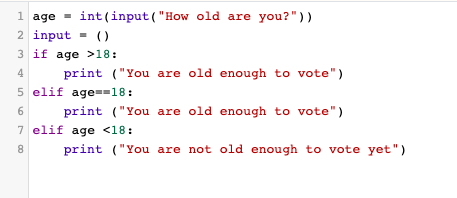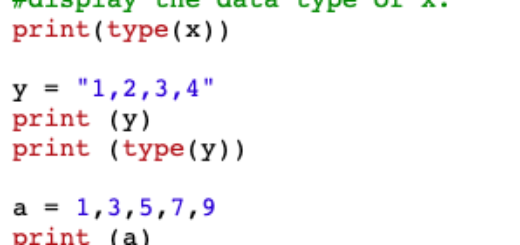Programming workshop
I’ve just attended Canterbury University’s three day workshop ‘Learn Programming with the Department of Fun”. What a way to start a new decade! Over 40 teachers, primary and secondary attended from around the country. Professor Tim Bell and his Kia Takatū team delivered a fun and engaging three days that was a crash course into the fundamentals of computer programming.
- Input
- Output
- Sequence
- Selection
- Iteration
- Variable
We were split into two groups those who wanted to learn programming using Scratch and those who wanted to learn using Python. Having worked with Scratch for a number of years now I chose Python, something I’ve been wanting to get my head around for a while. I was anticipating it being quite a mental stretch for me but it was really a lot of fun. Although it was a crash course intensive, Dr Caitlin Duncan, our tutor, was great and explained everything in a very logical manner. I learned more about variables, strings, operations, booleans, functions, conditionals and for loops.
Something that particularly struck a cord with me was how I could think about bringing in more focus when teaching programming for solving a problem rather than perhaps showing how to code something to move 4 steps for example. While knowing how to move a sprite around the stage in Scratch or change backgrounds etc.. is a useful thing to know what might make students’ learning more purposeful is to first pose a problem for them to solve. Problems that directly align to the Design and Developing Digital Outcomes.
The thing I like about programming is that it’s like solving a puzzle, frustrating as that may be sometimes.
With all the wonderful learning over the past three days, I’m very mindful that if I don’t keep it up I’ll loose it, so I’ve given myself a challenge to try and complete one Python task a day. Here’s today’s code, how to ask users for a specific number in this case their age.




